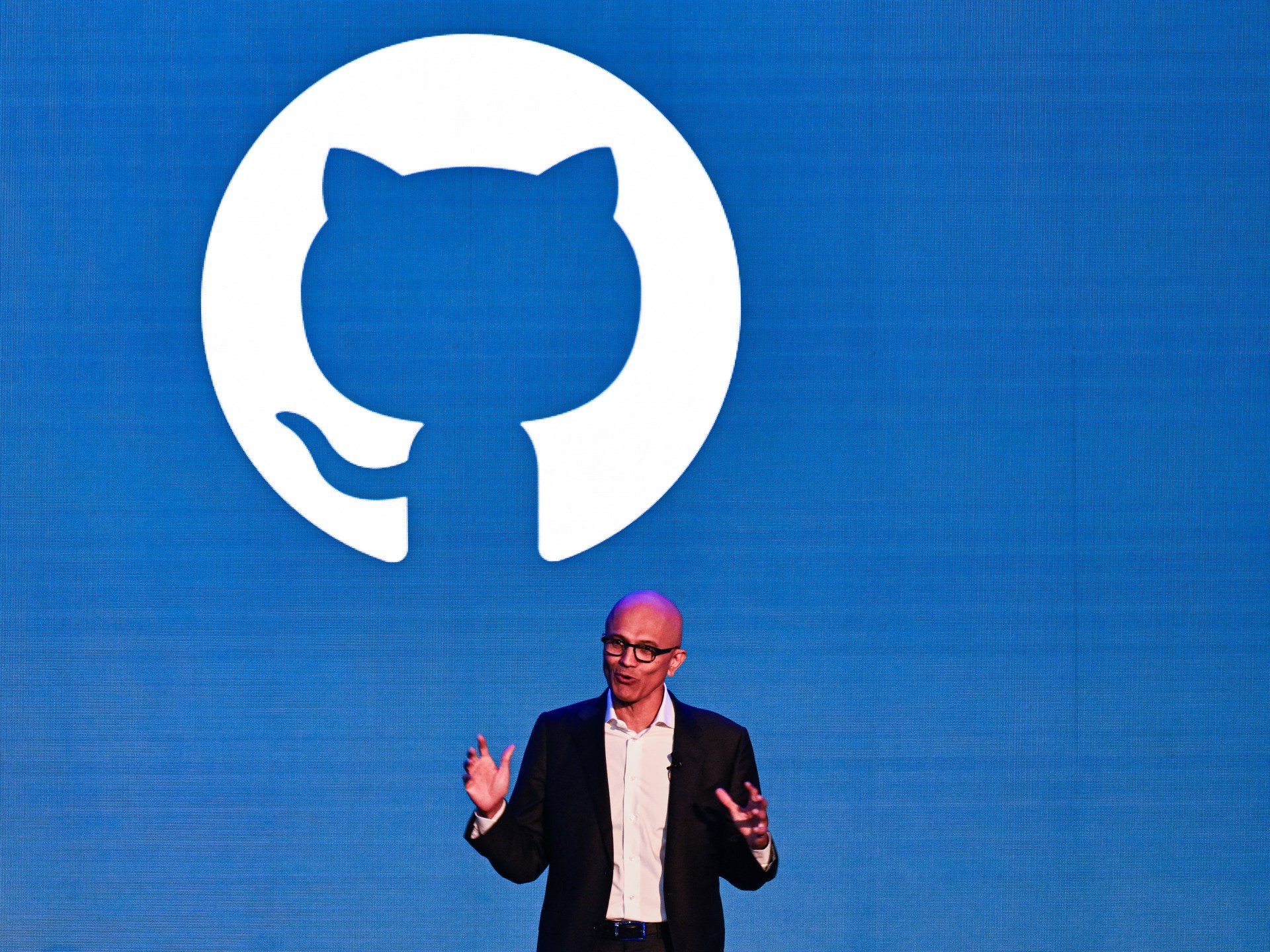Photo-Illustration: The Cut; Photos: Getty
Depending on whom you ask, April 19 holds cultural significance for Anglo-American relations in one of two ways: On this day in 1775, rebel colonists finally clashed with British redcoats at Lexington and Concord, which jumpstarted the Revolutionary War — an explosive split with a perceived oppressor that ended in independence. Nearly 250 years later, on April 19, 2024, American pop star Taylor Swift will fire her own shot to be heard round the world, apparently aimed at at least one British man who may have committed intolerable acts of his own. The Tortured Poets Department, Swift’s 11th studio album, drops Friday, and is widely believed to cover her breakup with English actor Joe Alwyn and its aftermath — up to and potentially including her subsequent fling with another of his countrymen, Matty Healy. The timing could be a coincidence: Comparing the end of one’s transatlantic relationship to a transatlantic conflict that helped determine the course of modern history would be the height of melodrama, but then again, the two foundational principles of Swiftian lore are melodrama and cryptic references. Coincidence does not exist, but conspiracy definitely does.
Swift’s billion-dollar empire rests on meticulously constructed narratives, messages she codes into her canon for the fans to decipher and dissect. In her own telling, she’s been doing this since she put out her first album, using capital letters to encrypt notes in the lyrics. “That’s how it started,” she once explained to the Washington Post. “My fans and I have since descended into color coding, numerology, word searches, elaborate hints, and Easter eggs.” The songs may not be entirely autobiographical — important to keep in mind — but if the Swifties can find any hidden meaning in them, it’s likely because Swift put it there on purpose.
When she announced the album’s imminent arrival at the 2024 Grammys, Swift gave fans several clues about its contents just by sharing the title. As Swifties quickly discovered, The Tortured Poets Department sounds a lot like the “Tortured Man Club,” a group chat Alwyn has with fellow brooding thespians Paul Mescal and Andrew Scott. Even the punctuation suggests a direction: The lack of a possessive apostrophe indicates that this fictional department is devoted to the study, analysis, and discussion of these poor poets, as if they were not tormented enough already. Imagine your most significant breakup, but now your ex is one of the most famous people on the planet, and they’ve just dropped a 16-track accounting of the split for the world to parse. Imagine the magnitude of their celebrity entrenching their side of the story as the story. This would be a nightmare scenario for anyone, but just how bad is it for these London boys? Now that we have the tracklist, we’re compiling all of the theories, song by song, below.
Before we can fully familiarize ourselves with TTPD, it is important to familiarize ourselves with the material that inspired it, beginning with the Alwyn era. Many Swiftstorians date the onset of this period to late 2016, some months after Swift encountered Alwyn — and, incidentally, subsequent summer fling Tom Hiddleston — at the Met Gala. She seems to reference their first meeting on reputation, the first Alwyn album: “Flashback to when you met me, your buzzed cut and my hair bleached,” she sings on “Dress,” evoking her platinum bob and his then-shorn head. At the time, Swift was still with Scottish DJ Calvin Harris, though another song on reputation — the Alwyn-coded “Gorgeous,” which alludes to her older club-rat boyfriend — suggests they may have been on the rocks. For the not-yet-single Swift, Alwyn’s unattainability is devastating: “You’ve ruined my life by not being mine,” she sings.
By November 2016, however, a turning of the tide: That month, Swift and several squad members showed up to the premiere of Billy Lynn’s Long Halftime Walk, a movie many will not have heard of but that Alwyn was in. Whether she was there to enjoy a military thriller or to see her crush is a question without a clear answer, though I have my hunch — when Swift appears at an out-of-context function with a Haim sister in tow, romance is often in the air.
Also, Swift’s discography once again offers some hints: Liner notes for Lover, the second Alwyn album, include an excerpt from her diary that places the start of the relationship three months before January 3, 2017. A subsequent cover of “September,” by Earth, Wind & Fire, hints at September 28 as the couple’s anniversary. Anyway, when news finally broke, in May 2017, that Swift and Alwyn were dating, tabloid sources claimed they’d been slinking around London in disguises for several months already. The couple would continue to keep a deliberately low profile for the next six years, in deference to Alwyn’s reportedly private nature.
Still, during that time, things seemed solid: Swift supported Alwyn at various premieres, she relocated to the U.K. for lockdown, and he racked up a handful of songwriting credits on three of her albums (folklore, evermore, and Midnights) under the pseudonym William Bowery. There were even rumors that the couple had quietly gotten engaged or even married, though Swift’s publicist, Tree Paine, recently refuted that theory as “insane.”
Given the outward appearance of domestic tranquility, the couple’s breakup stunned fans when it was announced in April 2023. The actual date of separation is not publicly known information: If one buys the tabloid timeline, it may have occurred that February. Swift herself has said that she began work on TTPD shortly after releasing Midnights in October 2022, and one of its vault tracks — “You’re Losing Me,” an anthem of imminent collapse — suggests the unraveling may have been happening while she was in the studio. As the Cut’s Olivia Craighead has observed, Swift’s bonus material can sometimes “feel suspiciously timed to what she’s going through at that very moment.”
A couple of clues suggest that Alwyn will be TTPD’s main subject: The color scheme for the artwork — black-and-white — recalls the one Swift used for reputation. This time, however, she’s inverted the accent colors, suggesting to some Swifties that if that was the relationship’s beginning, then this is its end. Then there’s the initial tagline Swift released for the album’s first version: “I love you. It’s ruining my life.” Sound familiar?
Some have pointed out that the term fortnight, as in two weeks, is a Britishism, though I honestly don’t know how many people under the age of 65 are out here saying “fortnight.” (Except, of course, for Swift herself.) Swifties have proposed that this song will mine the final two weeks of the relationship, while others have noted that on the Eras tour, Swift swapped “The 1” — an indisputable breakup track — for “Invisible String,” a song about soulmates, two weeks before the split became public knowledge.
According to the Daily Mail’s sources, even Alwyn believes this to be an “undeniable” reference to him. It’s one of Britain’s premier tabloids, so best not to take the following at face value, but here’s what one supposed Alwyn ally had to say about the “Tortured Man Club,” the existence of which Alwyn disclosed to British GQ in 2022: “Taylor knocked him for the name of this when they were together. She didn’t want people to think that it had anything to do with her, so when he spoke out about it, she was, of course, bothered.”
This source went on to say that despite the album’s familiar name, “Joe has no reason to believe yet that she is going to diss him or their relationship.” They continued:
She writes about her past using code and points of reference. It may just be that she is reflecting on their time together and he is hoping it is nothing more.
If it is a diss album, that is shady. He helped her with song writing on her past album so it will really come as a shock to him if she talks about their breakup, as it is something he has not spoken of at all.
For her part, Swift has said of TTPD: “All’s fair in love and poetry.”
The most credible connection I can think of here is the idea that people hurt the ones they love. The mood is ominous, but the specifics are murky.
Meaning: the fact of being in romantically rough shape; a feeling “marked by strong and usually unrequited feelings of attraction, desire, or infatuation,” or depression, or despondency, according (incredibly) to Merriam-Webster. Make of that what you will!
Real heads will recognize Alwyn as Swift’s “London Boy,” in Lover speak — “took me back to Highgate, met all of his best mates” — so it feels safe to assume that this one will be a heartfelt good-bye to all that: Historically, Swift has reserved slot five on her albums for her rawest emotions.
In Disney’s 1989 animated classic, The Little Mermaid, Ariel offers this line to her father in defense of her infatuation with Prince Eric, the human for whom she will give up her voice. The 1989-born Swift is a fan of the movie, attending her own New Year’s Eve party in costume as Ariel in 2019. Swifties see this song title as a metaphor for their siren’s relationship with Alwyn, a famously discreet celeb whose discomfort with the spotlight allegedly obligated Swift to live a more under-the-radar life than she likes. That, according to the tabloid narrative of the breakup, drove a wedge between the two. “Joe has struggled with Taylor’s level of fame and the attention from the public,” People reported last year. “The differences in their personalities have also become harder to ignore after years together. They’ve grown apart.”
Still, he’s not the only ex potentially on the table here. Notable to certain Swifties is the fact that Harry Styles (another Brit, whom Swift dated for a few months between 2012 and 2013) once wore a T-shirt emblazoned with this slogan. I don’t buy it, though. I don’t see Swift writing new songs about this decade-old fling; I’m pretty sure she worked through it on 1989.
Rude way to (maybe, presumably) refer to one’s six-year near-marriage, personal and professional partnership, but okay!
Swift played her first show post-split announcement in Tampa, Florida, which may give us some insight into the theme. But as Cosmopolitan notes, Florence Welch — the featured artist on this track — once claimed that Swift’s penchant for spilling her guts had helped her process her own breakups. Does that suggest a possible direction?
Though many of Swift’s fans have observed that the phrase “guilty as sin” appears in her song “Carolina,” for the film adaptation of Where the Crawdads Sing, this is not a saying Swift invented. Who knows what, if any, connection she intended there. Some Swifties have pointed out that the songs gestures toward infidelity — sleeping in a “liar’s bed,” for example — and dredged up old (and, it must be said, paper-thin) cheating accusations against Alwyn. But those only ever amounted to a single photo his co-star posted to her Instagram, among many other cast snapshots, and “Carolina” is a song from a movie soundtrack. I’m skeptical.
Might this be Swift nodding toward her exes’ fear of her fame? Whether it’s because her breakup songs set them up for fan-fueled retribution (John Mayer) or, in Alwyn’s case, because living in her shadow allegedly, at least according to Swift’s sources, stirred some bitterness? We will see!
If any song is going to be a Matty Healy diss track, I think we can safely assume it’s this one. It also happens to be the shortest song on the album, possibly a nod to the brevity of their situationship.
One might assume this is about the “love of her life” but her fans have other ideas: loss of my legacy, lost over my loneliness, and loss of my livelihood, to name a few.
This track name makes me think of a sentiment Swift expressed in her Time “Person of the Year” interview: “I know I’m going on that stage whether I’m sick, injured, heartbroken, uncomfortable, or stressed,” she says. “That’s part of my identity as a human being now. If someone buys a ticket to my show, I’m going to play it unless we have some sort of force majeure.” Here, the Swifties and I expect she will discuss the experience of heading out on the Eras tour with her personal life falling apart. And per Cosmo, Swift herself has shared a few thoughts on this title, which she awarded to one of her Apple Music playlists as well. “Here we finally find acceptance and can start moving forward from loss or heartbreak,” she wrote. “These songs represent making room for more good in your life, making that choice because a lot of time when we lose things, we gain things too.”
Again and again on Swift’s albums, references to Alwyn appear linked with the color gold, a pattern the Swifties have certainly clocked. Alchemy, meanwhile, is a branch of ancient protoscience associated with the desire to turn less precious metals into gold. The prevailing fan theory here holds that “The Alchemy” discusses a relationship that looked golden, but turned out to be boring poisonous burdensome lead.
As in, the original “It” girl. Clara Bow was a 1920s movie star whose role in the film It established the idea of celebrity based on ineffable je ne sais quoi. Before Bow abruptly quit the industry — for love, a very Swift move — she reigned as “Hollywood’s ‘hottest jazz baby,’” per Fast Company. Here, Swift may be referencing her own massive popularity and relationship to fame; the fact of being picked apart on a public stage. Or, she may simply be giving the fans a history lesson, along the lines of “The Last Great American Dynasty,” Swift’s song about the cantankerous heiress who used to own and may still haunt the singer’s Rhode Island mansion. Or maybe it will be some secret third thing — check back Friday for more.

Gregory Daniels is your guide to the latest trends, viral sensations, and internet phenomena. With a finger on the pulse of digital culture, he explores what’s trending across social media and pop culture. Gregory enjoys staying ahead of the curve and sharing emerging trends with his readers.







